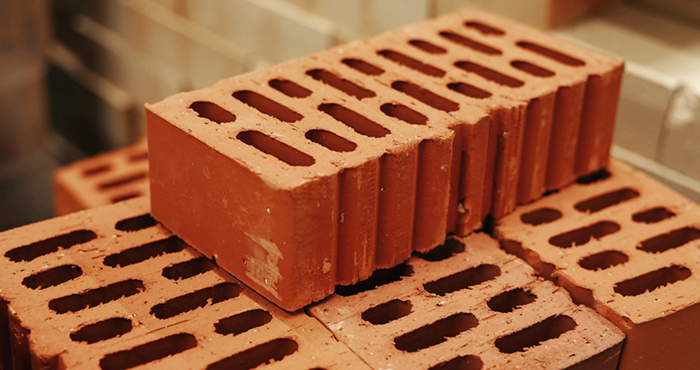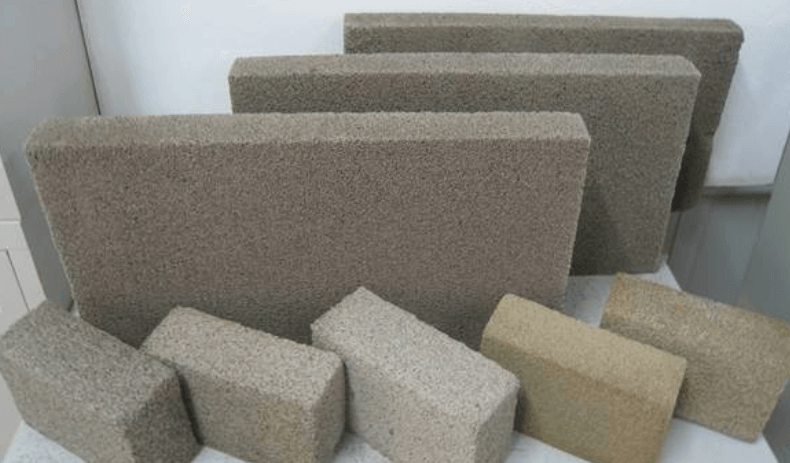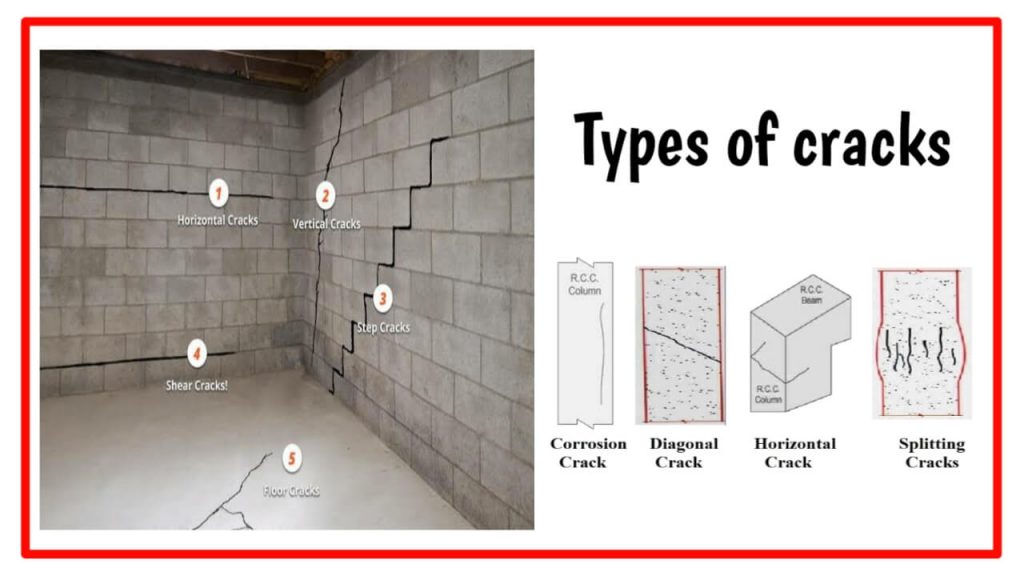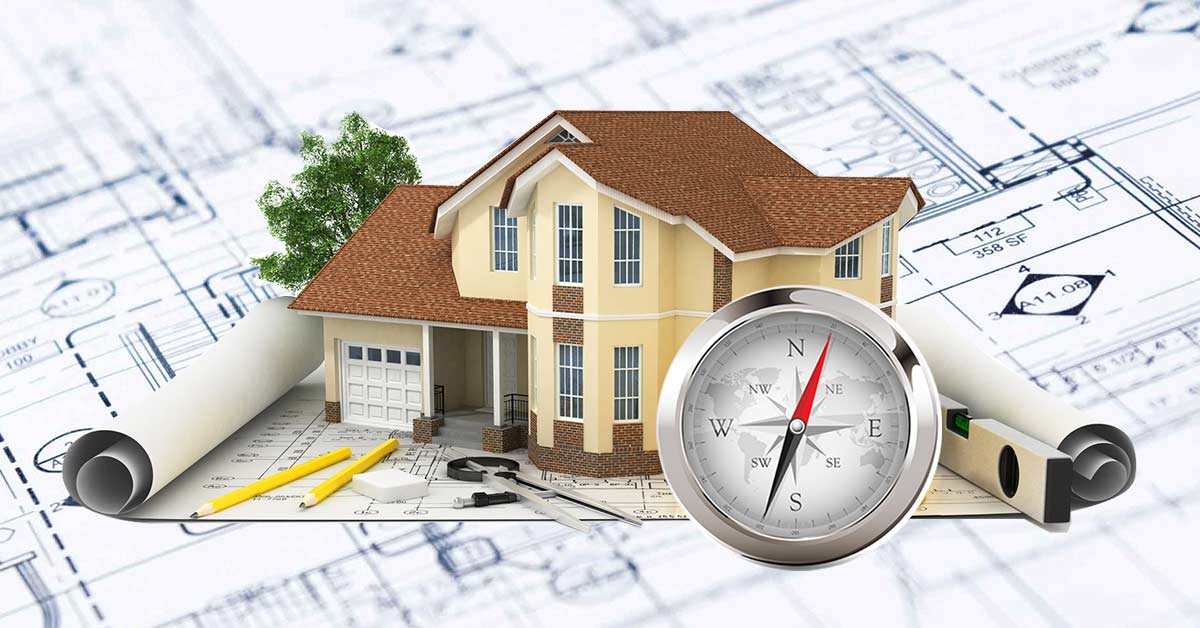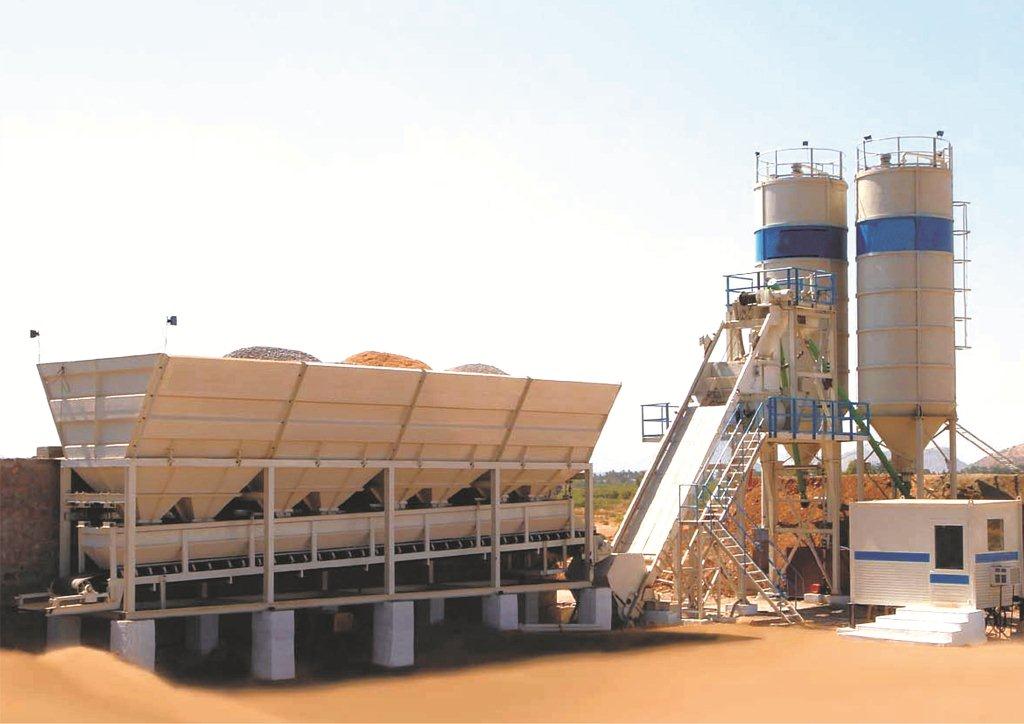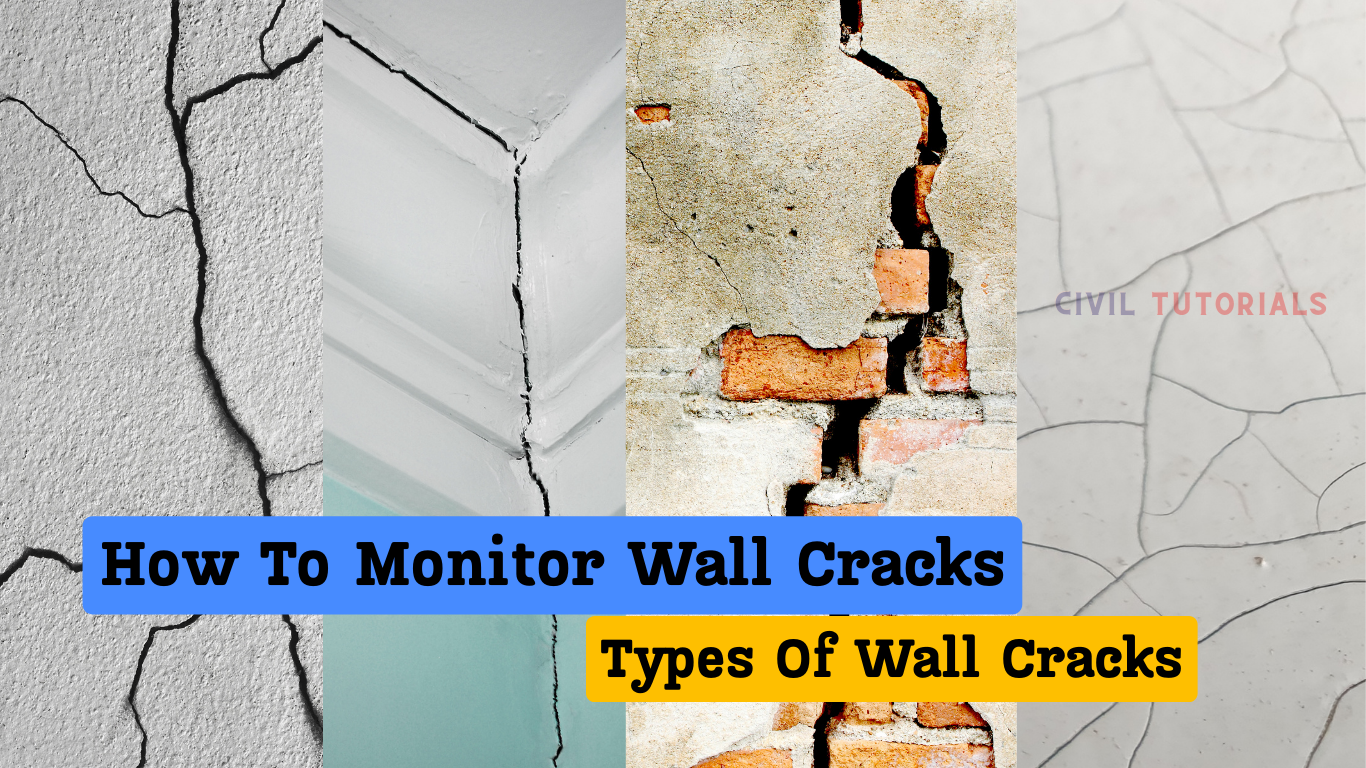The appropriate kind of building materials can make all the difference when it comes to construction. Hollow bricks are a well-liked alternative because of their power, toughness, and adaptability. They do, however, have their own set of pros and cons, just like any other building material. We’ll look at both arguments in this post to help you decide whether hollow bricks are the best option for your upcoming construction project.
What are hollow bricks?
Hollow bricks, also known as hollow blocks or concrete masonry units, are a type of building material used in construction. They are typically made from concrete or clay and have hollow cavities within them. These cavities reduce the overall weight of the brick, making it lighter and easier to handle compared to solid bricks. The hollow spaces also provide insulation properties, contributing to better thermal performance in buildings.

Advantages of Hollow Bricks?
Hollow bricks offer several advantages in construction, such as:
- Reduced Weight: The hollow structure makes them lighter, making transportation and handling more convenient.
- Insulation: The air-filled cavities in hollow bricks provide thermal insulation, helping to regulate temperature within a building.
- Sound Insulation: The hollow design also contributes to sound insulation, reducing the transmission of sound from one side of the wall to the other.
- Cost-Efficiency: Hollow bricks are often more cost-effective than solid bricks due to their reduced material usage.
- Ease of Installation: The hollow structure allows for the easy placement of reinforcement materials like steel bars, facilitating the construction process.
Disadvantages of Hollow Bricks?
While hollow bricks offer several advantages, they also come with some disadvantages that should be considered in certain construction scenarios. Here are some of the potential drawbacks of using hollow bricks:
- Reduced Strength: Hollow bricks may have lower compressive strength compared to solid bricks. This can be a concern in load-bearing applications or in areas with high structural requirements.
- Water Absorption: The hollow cavities in these bricks can make them more prone to water absorption. If not adequately waterproofed or sealed, this can lead to issues like dampness and reduced durability over time.
- Limited Load-Bearing Capacity: In certain construction situations, where high load-bearing capacity is required, solid bricks or other structural materials might be more suitable.
- Complex Construction: The construction process involving hollow bricks may be more complex compared to solid bricks. Proper techniques and expertise are required to ensure the correct placement of reinforcement and achieve the desired structural integrity.
- Special Mortar Requirements: Depending on the type of hollow bricks used, a special mortar may be required to fill the voids adequately. Using the wrong type of mortar can compromise the structural integrity of the wall.
- Vulnerability to Insects and Pests: The hollow spaces in the bricks can provide shelter for insects or pests if not properly treated or sealed.
- Cost of Reinforcement: If reinforcement materials are needed for structural purposes, it can add to the overall cost of construction.
